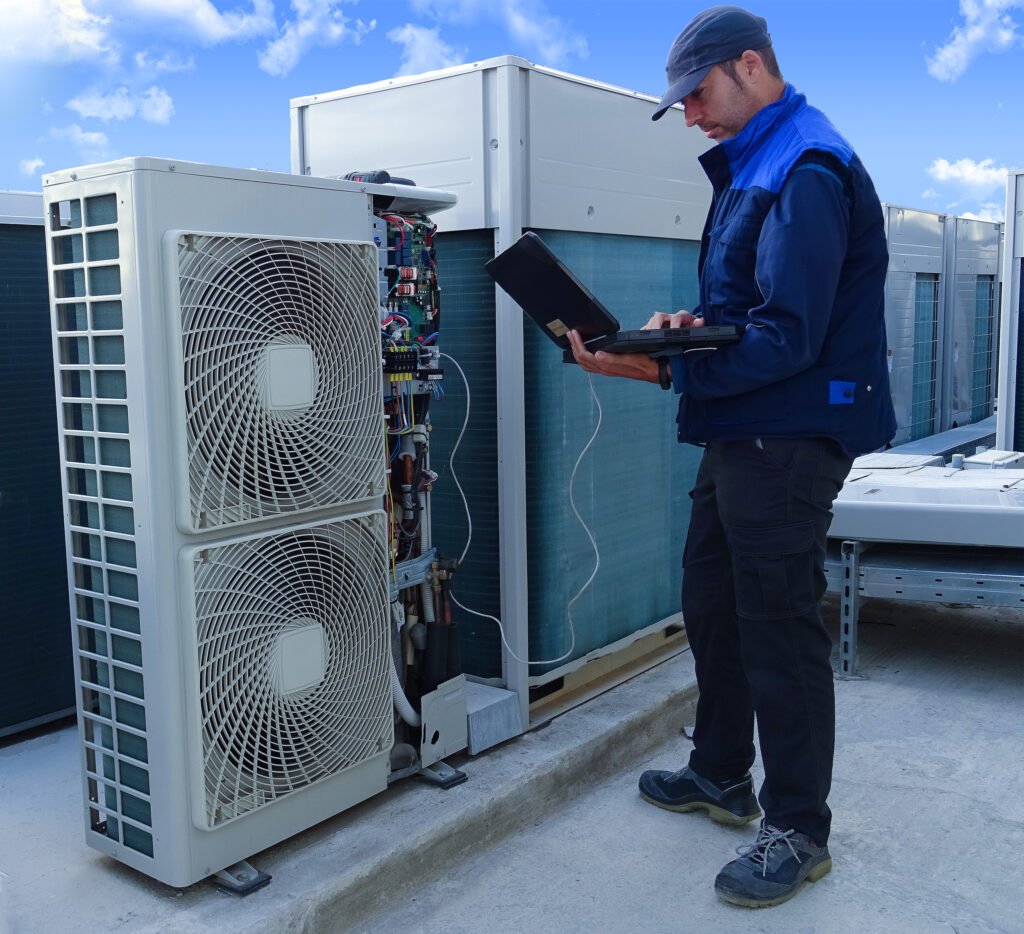No, in most cases, inverter ACs are considered better than traditional, non-inverter ACs. Here’s a detailed breakdown of the key differences:
Technology:
- Non-Inverter (Fixed-Speed): These ACs use a fixed-speed compressor. The compressor works at full capacity to reach the desired temperature, then cycles off completely once reached. This on-off cycling can be noisy and less efficient.
- Inverter: Inverter ACs use a variable-speed compressor. The compressor constantly adjusts its speed to maintain the set temperature. This eliminates the on-off cycling, resulting in smoother operation and improved efficiency.
Advantages of Inverter ACs:
- Energy Efficiency: The main advantage of inverter ACs is their superior energy efficiency. By constantly adjusting speed, they use less energy to maintain temperature compared to the on-off cycling of fixed-speed ACs. This can translate to significant savings on your electricity bills.
- Comfort: Inverter ACs provide a more consistent and comfortable cooling experience. The elimination of abrupt temperature swings caused by on-off cycling leads to a steadier cooling experience.
- Noise Level: Inverter ACs tend to operate much quieter than non-inverters. Since they avoid the constant start-up and shut down of the compressor, they generate less noise, making them ideal for bedrooms or quiet areas.
- Durability: Inverter ACs may have a longer lifespan due to less wear and tear on the compressor caused by constant on-off cycles.
Disadvantages of Inverter ACs:
- Higher Initial Cost: Inverter ACs typically have a higher upfront cost compared to non-inverters. However, the energy savings over time can offset the initial cost difference.
- Complexity: The inverter technology adds complexity to the unit, potentially increasing the risk of needing repairs by a qualified technician. However, the lower wear and tear can somewhat mitigate this.
Are Non-Inverter ACs Completely Outdated?
Non-inverter ACs still have a place in some situations:
- Limited Use: If you rarely use your AC and prioritize a low initial cost, a non-inverter AC might be sufficient. In cases with minimal use, the energy savings of an inverter AC might not justify the higher upfront cost.
- Budgetary Constraints: If budget is a major concern, a non-inverter AC might be the more affordable option.
Overall:
While non-inverters have a lower upfront cost, inverter ACs offer significant advantages in terms of energy efficiency, comfort, noise level, and potentially, lifespan. For most users, the long-term benefits of inverter ACs outweigh the higher initial cost. However, if you rarely use your AC and prioritize affordability, a non-inverter AC could be a viable option.
Looking to install a commercial HVAC System or Duct work in your Business Area?
Contact Vipul Ac to learn about our HVAC Service
Call +91 9825636606 Today.


